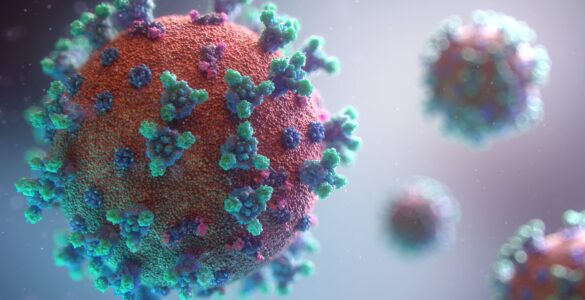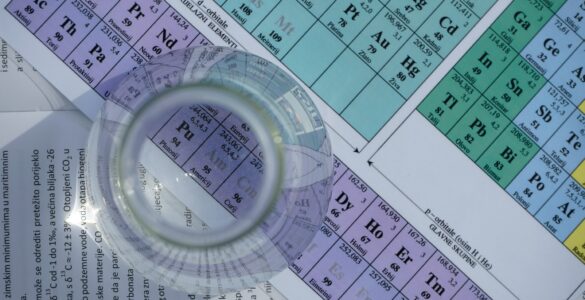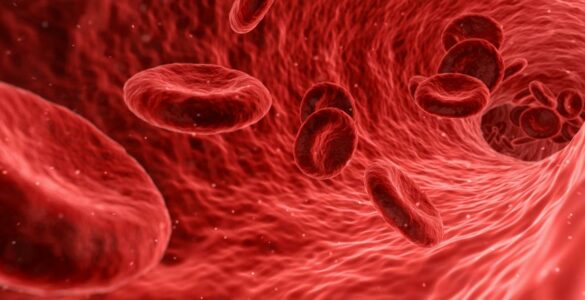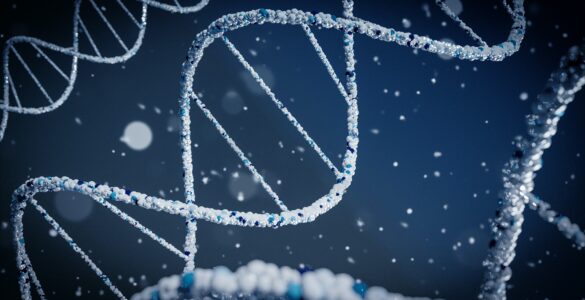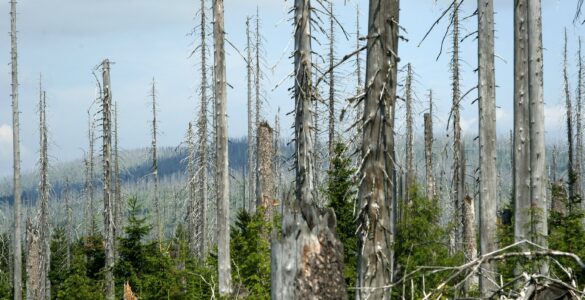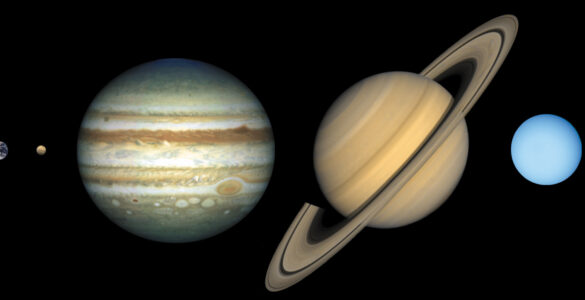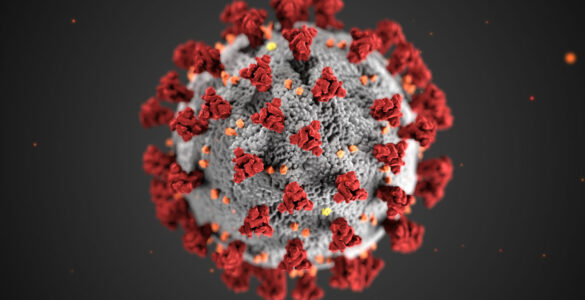To many of us, cancer is a potentially life-threatening condition. The majority of us are bound to know of people who have suffered or are suffering from cancer – we hope for their speedy recovery. Some of us ourselves...
Category - Science
The science category is designed to provide students with a comprehensive understanding of the natural world and the scientific principles that govern it. This category includes articles, tutorials, and resources on a range of topics, including physics, chemistry, biology, and more.


